Author: Ailsa Sherrington, CoinTelegraph; Compiler: Tao Zhu, Golden Finance
Since US President Donald Trump launched his signature memecoin TRUMP on January 18, at least five senior politicians have been involved in fake or botched token launches - a worrying number in just one month.
Of particular note is the involvement of Argentine President Javier Milei in the LIBRA token. According to Nansen, more than 13,000 investors lost a total of $251 million. In contrast, the so-called "shout order" behavior only allowed 2,101 investors to gain a total of $180 million.
Scammers have repeatedly tried to profit from the US presidential memecoin craze by using the image of other puppets - from Saudi Arabia to Malaysia.
Here are some of the memecoin scandals involving leaders since Trump.
February 10th – Central African Republic Token CAR
The president of the Central African Republic launched the national token CAR on February 10th in an apparent attempt to bring prosperity to the country. However, the clumsy manner of its launch has caused confusion about its legitimacy.
President Faustin-Archange Touadéra’s verified X account promoted the memecoin – but soon after, the project’s website was taken down and its X account was suspended.
In a bizarre decision after hours of silence, Touadéra launched a new website and X account, fueling doubts about its authenticity. These concerns were supported by a video posted from Touadéra’s account that triggered red flags when run through a deepfake detection tool.
A later video posted by the president, however, did not raise these alarms.
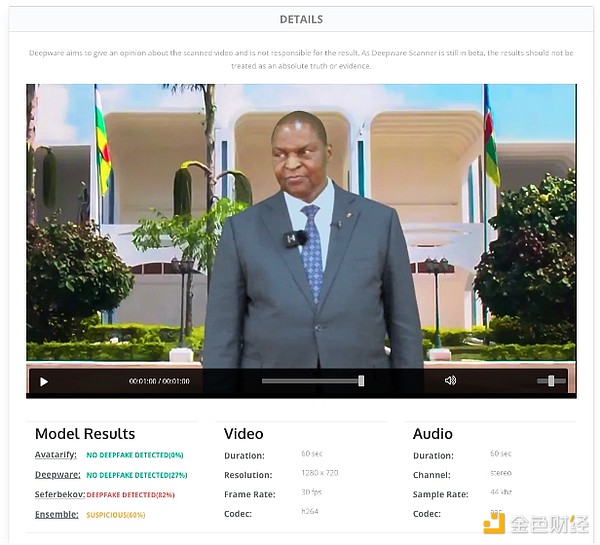
Two models flagged a video of Touadéra as likely generated by AI. Source: Deepware
Speculators couldn’t be sure if CAR was real. Many warned X users not to invest, just in case. Ultimately, the embarrassing launch was enough to send CAR’s market cap plummeting from $600 million to nearly $0 in two days.
February 14th – The “Libragate” drama begins
The LIBRA token is the most notable example of a leader being embroiled in a memecoin scandal since Trump. According to Nansen, 86% of traders lost more than $1,000 investing in the token promoted by Argentine President Javier Milei – in other words, more than 13,000 investors lost a total of $251 million.
On February 14, Milei enthusiastically posted about LIBRA, a project that was supposedly intended to “fund small businesses and startups in Argentina”. His now-deleted post, along with posts by multiple Argentine politicians, lent credibility to the memecoin.
LIBRA briefly rose to $4 before quickly plummeting. The next day, Milei said he “did not know the details of the project” and when he learned of the news, he “decided not to continue to expose the project.”
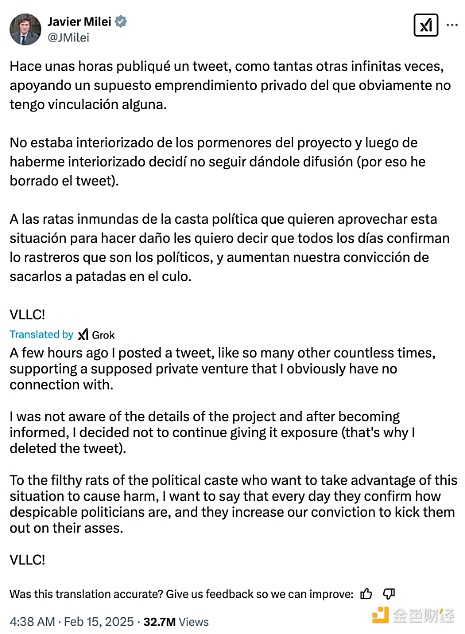
However, it wasn’t long before conflicting accounts emerged. Milei quickly refuted the allegations that he had been involved in the project since its early days, as well as potential impeachment and fraud charges. These allegations continue.
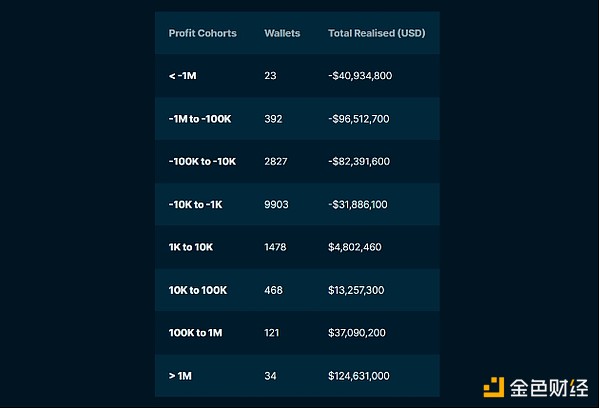
Take a look at all of LIBRA’s winners and losers. Source: Nansen
February 15 – “Bermuda’s National Coin”
Back on February 2, Bermuda’s Premier David Burt was impersonated as User X. The scammers used his image to set up a fake account that somehow obtained a grey verification badge – usually reserved for government officials. Burt’s real account hasn’t even received this badge yet.
The scam account began promoting a Pump.fun token called the “Bermuda National Dollar” to users on Feb. 15. The real prime minister became aware of the impersonation the day before; he tagged X and its owner, Elon Musk, in a post urging them to fix the issue.
“Not sure how they got the grey verification badge but people are getting scammed due to the lack of controls on this app. Please fix,” the post read.
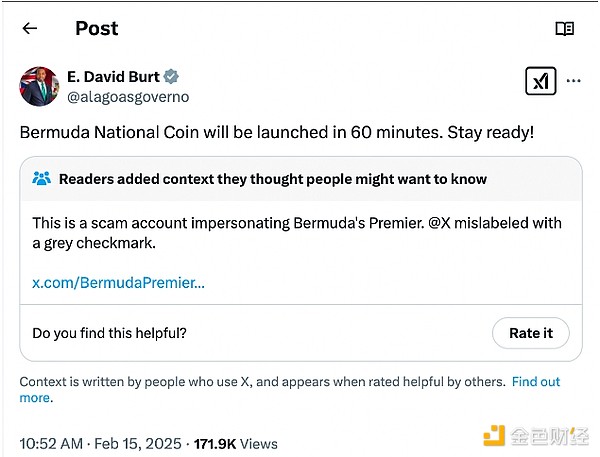
The scammer quickly added a community note to the post promoting the “Bermuda National Dollar.” Source: Deleted Burt Fake Account
Despite X’s delayed action, the BERMUDA Pump.fun token never attracted many investors. Transaction history shows only two buyers who sold the token within minutes, including the memecoin’s creator.
February 17th – “Official” Saudi Arabian memecoin KSA
The X account for the annual Saudi Legal Conference was hacked by scammers and tampered with to impersonate Saudi Arabia’s Prime Minister, Crown Prince Mohammed bin Salman, to promote the “official” Saudi Arabian memecoin KSA.
On February 17th, KSA was promoted in the name of the Crown Prince, riding on Milei’s LIBRA. However, considering that KSA was not promoted on official government channels and the project did not share proper support and token economics, it is not difficult to suspect that it was a scam.
Of course, it was more obvious that the KSA was launched by a random developer on Pump.fun with only two followers.
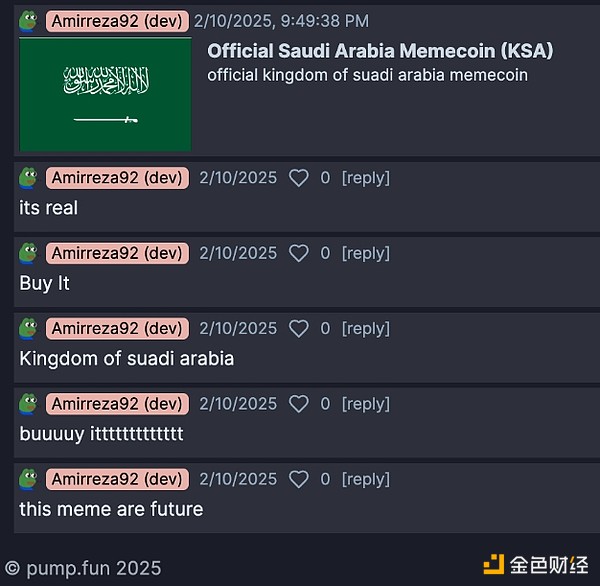
“Buuuuy ittttttttttt,” urged Amirreza92, the developer of the “Official Suadi Arabia” Memecoin. Source: Pump.fun
The KSA failed to gain much traction, amassing just $7,489 in market cap before the public became aware of it.
Is the Memecoin mania about to end?
In addition to the four politicians mentioned above, Malaysia’s longest-serving prime minister has also been embroiled in a cryptocurrency scam on X. Former Prime Minister Mahathir Mohamad’s X account was temporarily hacked on Feb. 5 and used to promote the Malaysian token on Pump.fun.
Just a day after Trump’s launch, the Cuban government’s X account was also hacked and used to promote Cuba.
This marks at least five leaders to have been embroiled in memecoin drama since the U.S. president jumped on the bandwagon. But countless celebrities — including Breaking Bad star Dean Norris — have gotten into similar trouble.
According to Solscan, the memecoin frenzy is slowing down. Whether it will revive is another matter, but for now at least, investor fatigue appears to be setting in.
 Weiliang
Weiliang









